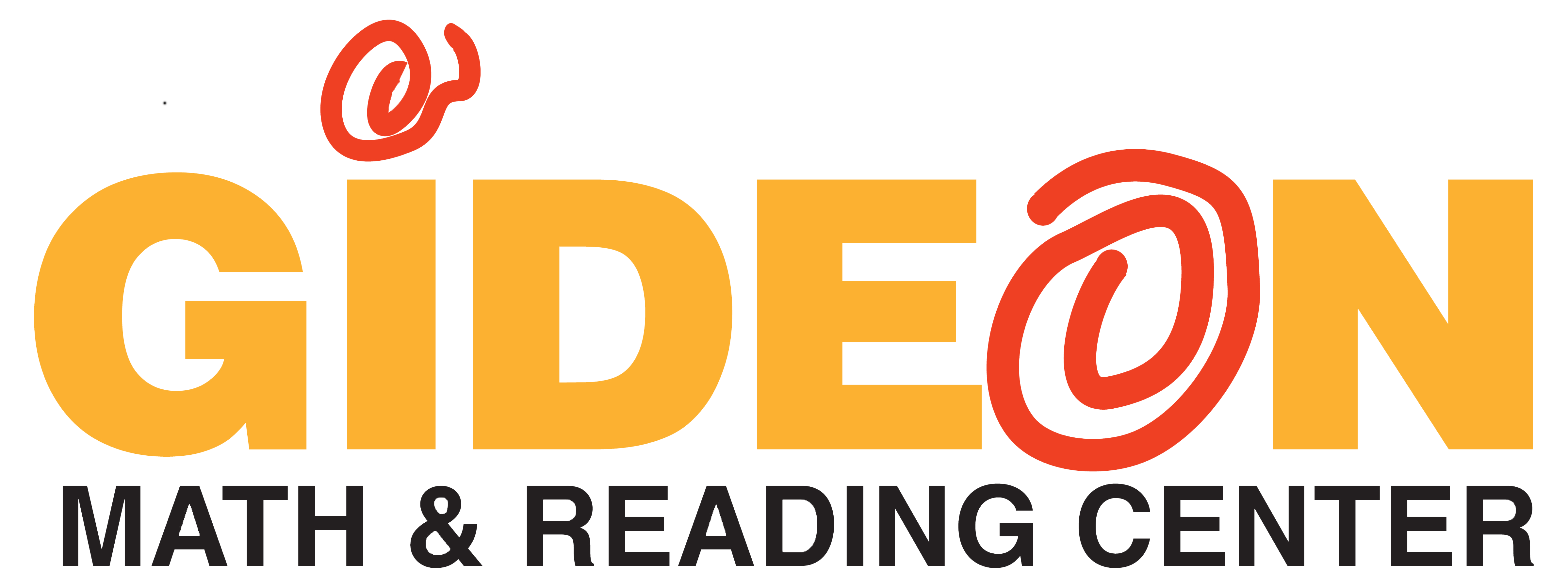Researchers found there was a ‘COVID slide’ by fall 2020 for math. This is similar to the commonly known ‘summer slide’ where the student loses ground on the academic progress made due to no learning for several months. And if we combine a weak spring semester with an inactive summer, you will have a difficult next fall semester on your hands. Don’t let this happen to your child.
Math
Stronger Math Students in 5 Steps
Sep 15, 2015
We hear that having good math abilities leads to more opportunities and higher salaries. But did you know there was an...
10 Ways to Avoid Summer Slide
Jul 24, 2014
Summer slide is the term used to describe the loss of skills many students experience during the time off from school....
Ways to Make Your Children Smarter
Mar 24, 2014
In this article on Barking Up the Wrong Tree blog, the author gives a great list of ways to improve your child’s...
Mistakes Can Create Success
Feb 21, 2014
Intelligence is the measure of the brain's ability to acquire and apply certain knowledge and skills. We know the...
Intelligence is NOT fixed
Nov 12, 2013
Many people wrongly believe intelligence is fixed at birth. Many factors will affect school performance such as...
Math at Sea with Logarithms
Aug 15, 2013
For more: go HERE to the Ed.Ted.com site to answer questions and get more resources about this lesson such as more...
A Case for Algorithms
Jul 19, 2013
In THIS article, "The Faulty Logic of The Math Wars" in the New York Times, Alice Crary, a philosophy professor, and...
What it feels like to be bad at math
May 3, 2013
Via JoanneJacobs.com The author of the blog Math with Bad Drawings is a current math teacher (and former math student)...
Embrace the Mistakes
Apr 19, 2013
No one enjoys mistakes, but we all make them. Did you ever think it could be beneficial to admit to them? Kathryn...
Download our FREE sample curriculum packet.
Receive a FREE download to sample our math and reading programs when you sign up for our monthly newsletter. We’ll send you PROVEN tips for stronger and more confident students!
Check your email for the link!
Kind words from our Gideon families

Keep your child’s education on track
Step 1
Choose your Gideon
Math & Reading center location
Step 2
Complete your free in-person student placement evaluation
Step 3
Build confidence through academic mastery of math and reading skills!
